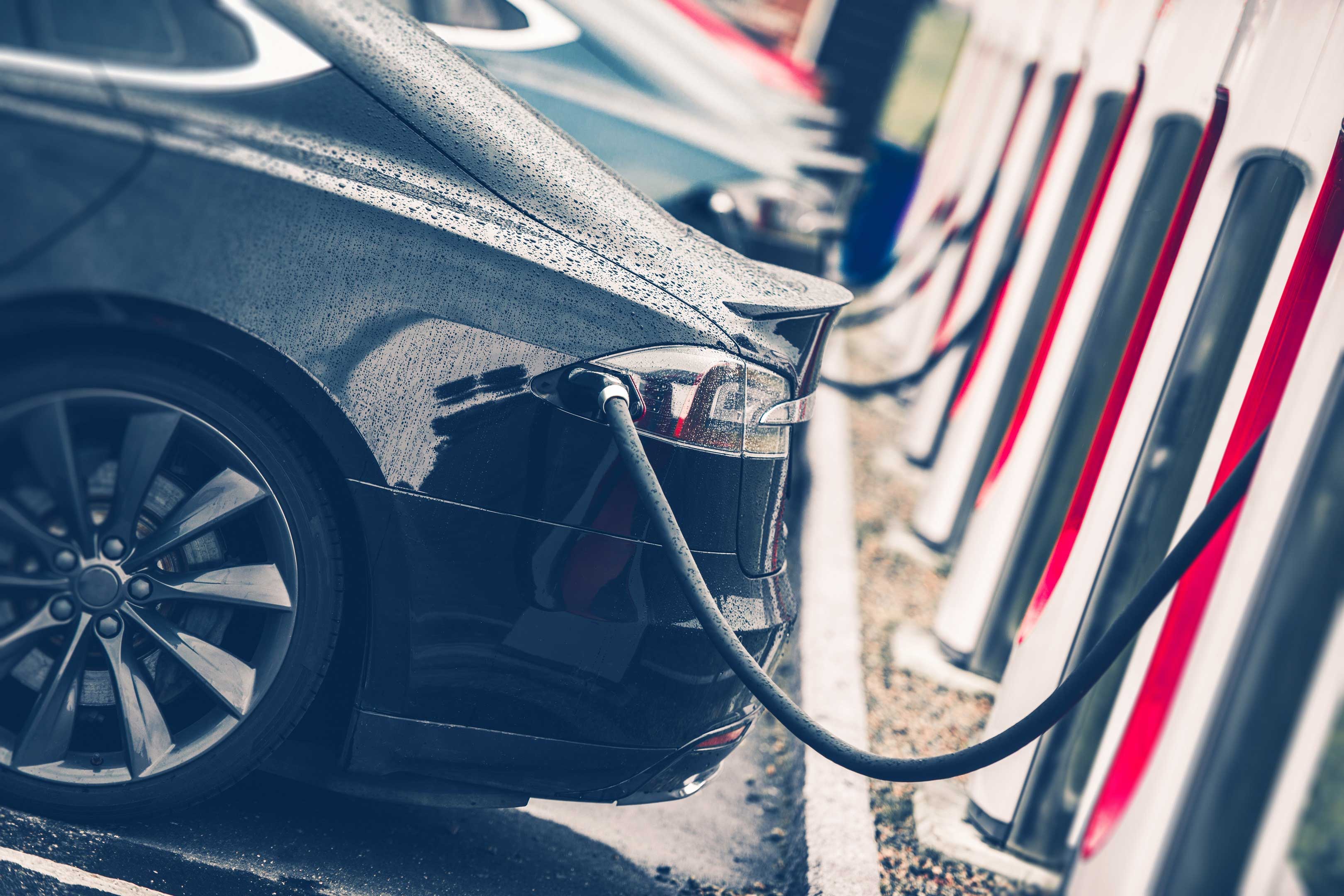50,000 chargers and counting… Shell’s Global EV Strategy Expansion to hit the UK

Royal Dutch Shell (RDSa.L) (Shell) announced on Wednesday 1st September proposals to dramatically increase its footprint of electric vehicle charging points in the UK. The company aims to install 50,000 on-street posts by 2025 as part of its global electric vehicle (EV) network expansion. Shell currently have 108 chargers located in the UK but will fulfil the plans through a subsidiary called ubitricity (who are part of Shell’s Mobility division as of February 26th). Ubitricity currently has around 3,600 chargers in Britain, so the on-street charging point operator is already geared to take on part of the expected demand within the UK.
The growth in the E-mobility network is part of a government-backed ten-point green plan, set to rapidly grow the UK's electric vehicle (EV) fleet and supporting infrastructure. Prime Minister Boris Johnson spoke on the matter:
“Electric vehicles: Backing our world-leading car manufacturing bases including in the West Midlands, North East and North Wales to accelerate the transition to electric vehicles, and transforming our national infrastructure to better support electric vehicles.“
The change in infrastructure is part of the push to reduce of carbon emissions to net zero by 2050, with Britain also planning to ban sales of new petrol and diesel cars by 2030 (with hybrid cars following suit by 2035). Although the 50,000 charging points from Shell seem like a bold venture compared to the existing 25,000 in circulation across the UK (as of July 2021), according to a government commissioned report ‘Electric Vehicle Charging market study’ by the CMA, the UK in fact is estimated to require between 280,000 to 480,000 charging points by 2030.
The grid-to-car EV expansion requires support throughout the cycle, from distribution network operators to supply chains and the end user. In strengthening its charging point development, Shell is set to work with local authorities (where ubitricity is already an approved supplier) in financing their infrastructure installation(s). Shell have stated “…Shell will support local authorities with a financing offer to install more ubitricity on-street chargers in towns and cities across the UK at potentially zero cost.
The UK government’s Office for Zero Emission Vehicles (OZEV) currently meets 75% of the cost of installing on-street chargers through the On-Street Residential Charging Scheme (ORCS). For local authorities looking to install ubitricity charge posts, Shell is prepared to cover the remaining costs, subject to commercial terms.”
David Bunch, Shell’s UK Country Chair commented:
“It’s vital to speed up the pace of EV charger installation across the UK and this aim and financing offer is designed to help achieve that… Whether at home, at work or on-the-go, we want to give drivers across the UK accessible EV charging options, so that more drivers can switch to electric.”
Rachel Maclean, Parliamentary Under-Secretary (Department for Transport) added:
“Together with industry and local authorities, we can create cleaner, greener local communities – providing EV charge points for people without off-street parking across the country.
As more and more people make the switch to electric, this is a great example of how private investment is being used alongside Government support to ensure that our EV infrastructure is fit for the future. This is crucial as we build back greener and accelerate towards COP26.”
This charging point push in the UK is only one arm of a global movement, according to its ‘Net-zero emissions with customer-first strategy’ Shell aims to grow its global network of electric vehicle charging points from over 60,000 points in February 2021 to 500,000 in 2025. There’s a lot of work to do.